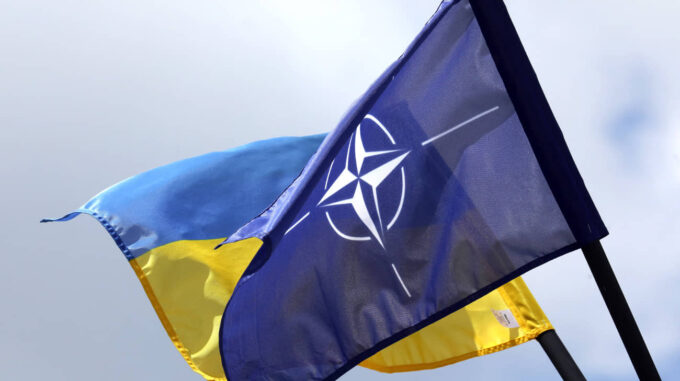Within NATO, the announcement was made about holding the next meeting of the international contact group on Ukraine’s defense, commonly known as the “Ramstein format

" This return to active work of this platform will take place next week, which is intended to increase international pressure and support for the Ukrainian army in the context of the Russo-Ukrainian war. According to official reports, the contact group on Ukraine's defense will gather at NATO headquarters in Brussels on June 4, 2025. Its initiators are the United Kingdom and Germany, who decided to step up their efforts following significant changes in Washington's political landscape. This decision indicates the European states' desire to strengthen support for Ukraine and ensure more coordinated military assistance. The previous "Ramstein" format meeting took place on April 11 at the same venue—in Brussels. Its initiators were the United Kingdom and Germany, marking the first step in a new phase of support for the Ukrainian resistance. The event was conducted in a very tense atmosphere, with participating countries discussing not only current readiness limits but also long-term aid strategies. Interestingly, the promotion of the "Ramstein" format became particularly noticeable after the change of administration in the United States. Instead of U.S. dominance as the main coordinator, responsibility for organizing and conducting negotiations is increasingly shifting to the UK and Germany. This serves as a sign that European countries are seeking additional leverage in the decision-making process regarding support for Ukraine. A prelude to these actions were numerous meetings already held within the "Ramstein" framework. For example, during the April 11 Brussels meeting, the German delegation and other participants created the so-called "EW Coalition"—a group of specialized military electronic warfare units for Ukraine. This is critically important, given the need to counter modern Russian electronic warfare systems. At the same meeting, Ukrainian President Volodymyr Zelensky called on the participants via phone from Kryvyi Rih, urging them to send additional Patriot missile defense systems to Ukraine. This request received broad international support and became one of the key discussion points, as it directly depends on allies’ capabilities and willingness to increase weapons and resources. Furthermore, NATO’s plans include holding a summit of defense ministers at the alliance’s headquarters the day after the "Ramstein" meeting, on June 5. This gathering will be strategic, as it will prepare for the NATO leaders' summit in The Hague scheduled for July this year. Discussions will focus on already approved aid plans for Ukraine, as well as strategies for responding to potential new challenges. Thus, the upcoming week promises to be decisive in terms of military aid to Ukraine and the formation of international support. The return of "Ramstein" to an active phase confirms allies’ commitment not only to keep the situation under control but also to intensify their efforts in the fight against Russian aggression. At the same time, this new diplomatic dynamic indicates that European countries and the U.S. are gradually seeking new mechanisms and coordinated approaches to support Ukraine in these wartime conditions.

